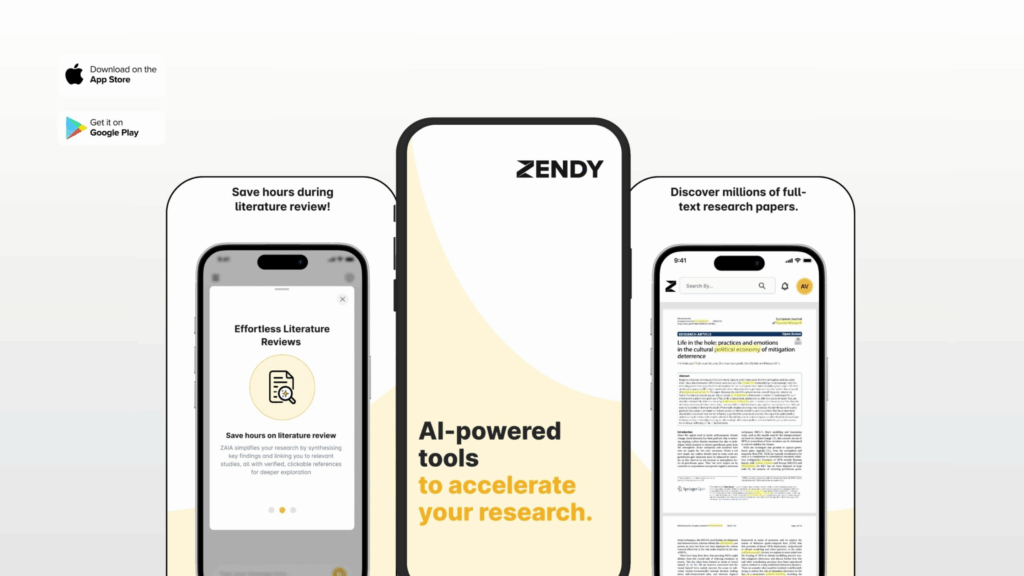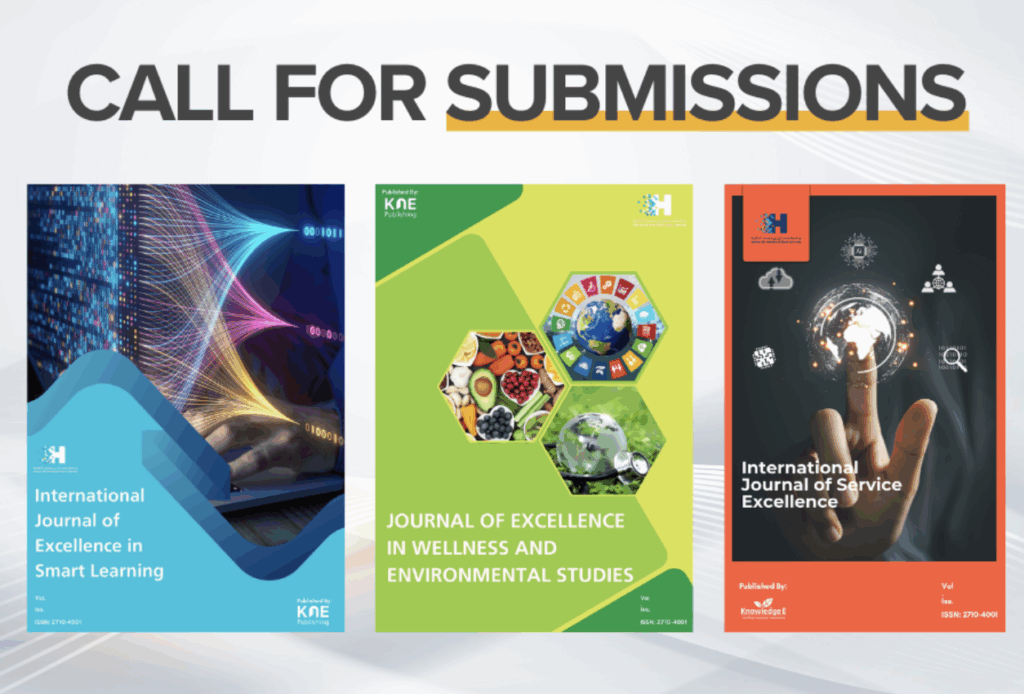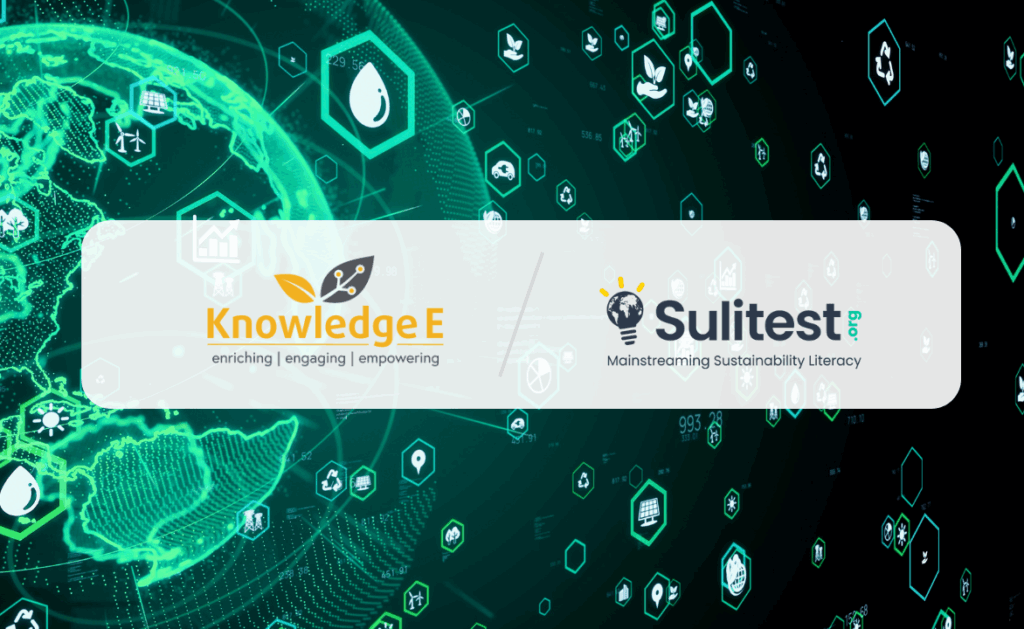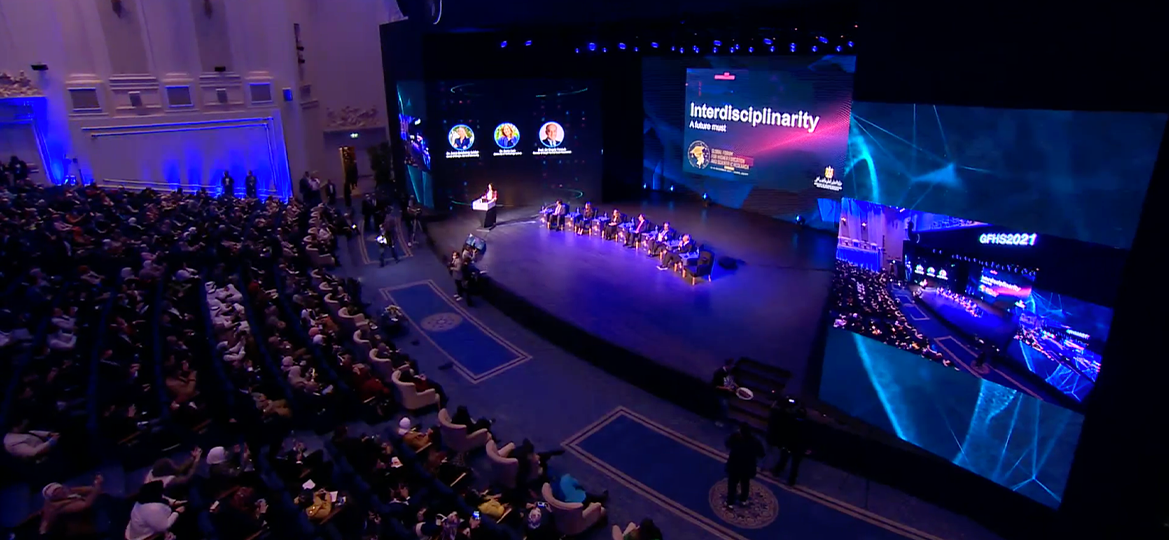
Through our ongoing partnership with the Egyptian Knowledge Bank (EKB), Knowledge E was delighted to contribute to the second edition of The Global Forum for Higher Education and Scientific Research (GFHS) in Egypt. GFHS was held in Cairo and spanned across three days from December 8th to December 10th 2021.
The forum was organised under the auspices of H.E. President Abdel Fattah El Sisi, President of Egypt, gathered more than 1000 global leaders, influencers, and practitioners from all over the world in the fields of scientific research, innovation, government, higher education, and philanthropy. The forum facilitated several insightful action-oriented discussion panels which shared wide-ranging perspectives for the purpose of envisioning the future of higher education and scientific research in a global, interconnected, and borderless world context. The discussion themes revolved around preparing youth to the continuously changing demands of the workforce primarily by adopting a “business ready” system in our higher education institutions. The event also included an exhibition area for higher education and scientific research stakeholders across Egypt and the MENA region.
Samantha Miles, Knowledge E’s Head of Training and Consulting, moderated the sessions ‘Implications of the 4th & 5th Industrial Revolutions: time to act business to purpose’ and ‘Interdisciplinarity: a Future Must’. Furthermore, Knowledge E facilitated the engagement and participation of long-term colleagues and global thought leaders, Dr. Dena Fam and Mr. Cameron Mirza. Dr. Fam contributed as a panellist for ‘Interdisciplinarity: a Future Must’ and Mr. Mirza acted as the moderator for ‘Higher Education and Scientific Research Institutions Ranking for Employability’.
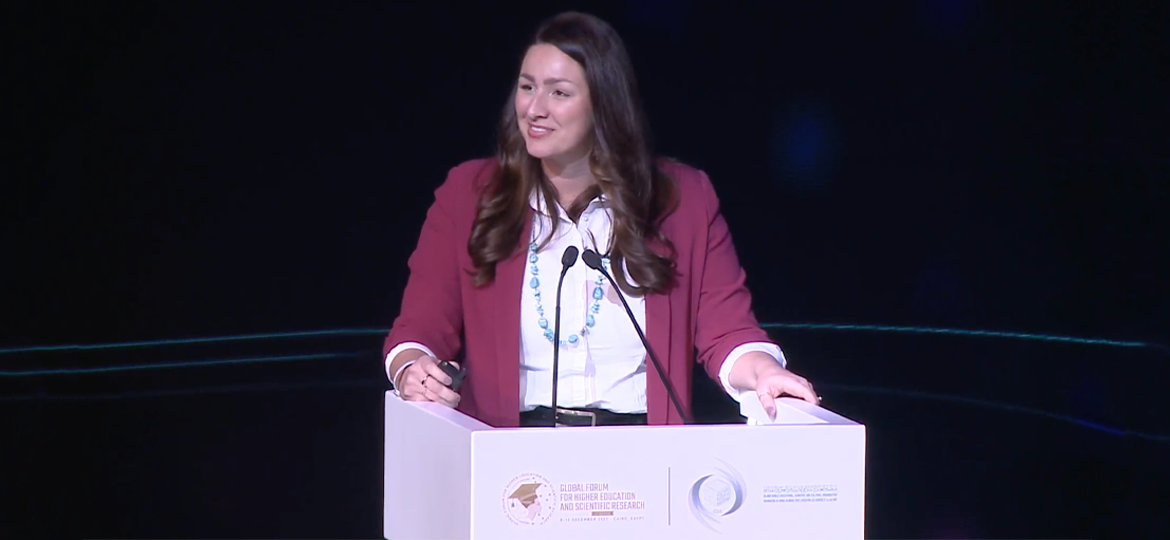
The panellists from the ‘Implications of the 4th & 5th Industrial Revolutions: time to act business to purpose’ session discussed the significance of prioritising purpose in addition to profit within business, the role of government in encouraging collaboration across academia and industry while placing society at the centre of business efforts, the importance of people and machines working in harmony, guarding social equity and the environment, the key skills needed for the future of work forces – especially empathy and the ongoing desire to learn. In his presentation, H.E. Dr. Hamad M. Al-Sheikh, the Minister of Education in the Kingdom of Saudi Arabia, spoke about the kingdom’s experience in shifting towards a technologically advanced knowledge-based economy, explaining the critical role of digital transformation in allowing the ministry of education to facilitate the transition to distant learning.
Prof. Dr. Houssam Othman, the ICT Minister Advisor for Technology and Innovation in Egypt, spoke on behalf of H.E. Dr. Ram, the Minister of Communications and Information Technology about optimising the use of technology within higher education, especially among undergraduate students whether through automation, digitalisation, or personalisation and meta virtualisation. Prof. Othman also described how hyper-automation, artificial intelligence, chatbots, behavioural data collection, and other technology can be used to support higher education. Within the same session, Prof. Hani Mustafa, who was representing the University of Quebec in Canada, explained the evolution of industry 4.0. Prof. Mustafa elucidated how we are gradually moving into a more digitised world. He spoke about 5g, artificial intelligence, supply chains, simulation software, and big data, among other technologies. Prof. Mustafa also spoke about the efforts to advance research education in Egypt.
Prof. Ayman El-Baz, the professor and chair of bioengineering from Louisville University in the United States, also took the stage to present valuable insights about the field of medicine and the move towards a hybrid interaction between machine and humans to expand what he called personalised medicine. Prof. El Baz also discussed the challenges facing 3D bioprinting in medicine. He explained how bio engineering is combining the fields of medicine and engineering. He also spoke about instrumentation and biomedical devices, biomaterial and molecular engineering, artificial intelligence, modelling and simulation, biomechanics and rehab devices, explaining how artificial intelligence and big data can help in furthering personalised medicine and building smart cities, and how interdisciplinary research and team efforts can create and eventually commercialise new technology. He stressed that when experts work together within the technologies we have now obtained, they can treat challenging conditions like, autism, dyslexia, Alzheimer’s, brain cancer, renal rejection, spinal cord injuries, and retinal problems.
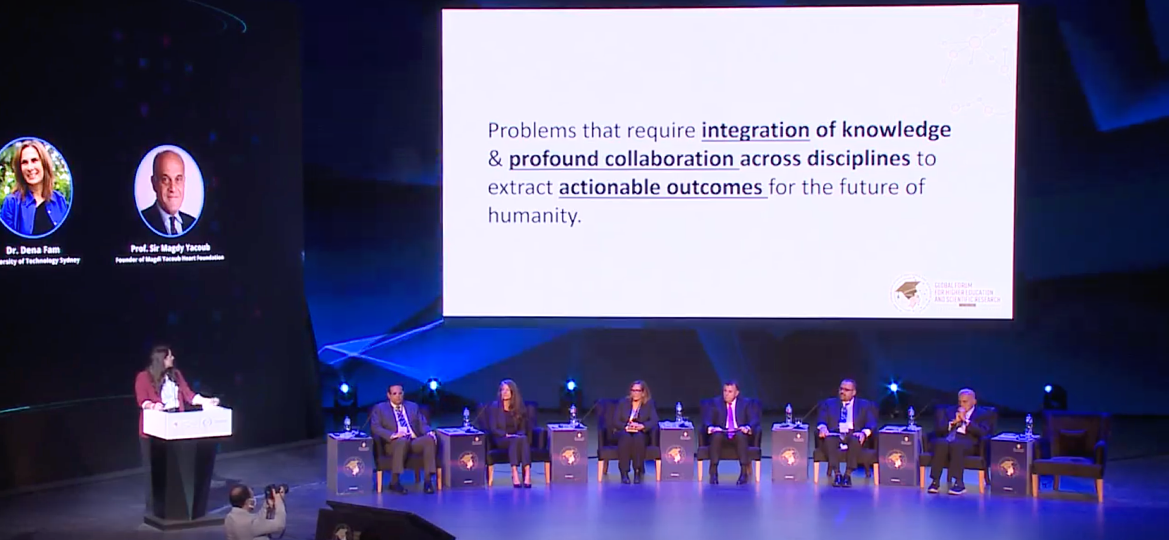
Business Strategy Leader of Higher Education Research at Microsoft Education, Bradley Tipp, also gave an enriching presentation about the 5th industrial revolution, our world’s current challenges, the necessary skills for today’s workforce, and the importance of social empathy in attaining success. He shed light on the many ways in which our world is changing, the benefit of moving into flat structures in businesses, and the potential for different businesses and societies to build their own smart software solutions. Mr. Tipp also warned of the dangers of artificial intelligence, emphasising the importance of addressing these issues the earliest possible.
Last but not least, Dr. Ismail Abdel Ghafar Faraj spoke about the major factors that can enrich and empower higher education institutions to offer better quality education and one that can equip graduates with all the skills they need to excel in their professional lives. Dr. Ghafar expressed that he is a firm believer that entrepreneurial education is of paramount importance because it can empower students to start their own businesses. Dr. Ghafar also spoke about the importance of acquiring national and international accreditation in order to open up a world of opportunities for graduates. In addition to that, universities need to offer students the chance to work with the newest technologies, from augmented reality to high tech laboratories.
This session is available on GFHS’ YouTube channel, watch it in full here.
The session ‘Interdisciplinarity: A Future Must’ also held fascinating and captivating talks with a distinguished group of professionals as speakers. Moderated by Samantha Miles from Knowledge E, the session included stimulating presentations from:
– Prof. Sir Magdy Yacoub, Founder of Magdi Yacoub Heart Foundation
– Prof. Mahmoud El-Meteiny, President of Ain Sham University
– Dr. Dena Fam, University of Technology Sydney
– Dr. Ahmed Elseragy, Acting Head of School of Engineering, University of Lincoln, UK
– Dr. Anna Grichting Solder, Harvard University
– Prof. Hesham El-Askary, Professor of Remote Sensing and Earth Systems Science, Chapman University.
During the session, speakers indicated that interdisciplinary thinking is not a novel approach and that it is the foundation upon which our modern society is built. On more than one occasion, experts highlighted the benefits of adopting interdisciplinary approaches, especially when solving complex problems. Speakers also gave inspiring examples of interdisciplinary research, teaching, and practical implementations from around the world, clarifying that traditional subject matter expertise and ‘classical’ disciplines must be respected and engaged as we move towards more interdisciplinary approaches in higher education.
To watch the full session on the GFHS Facebook page, click here.
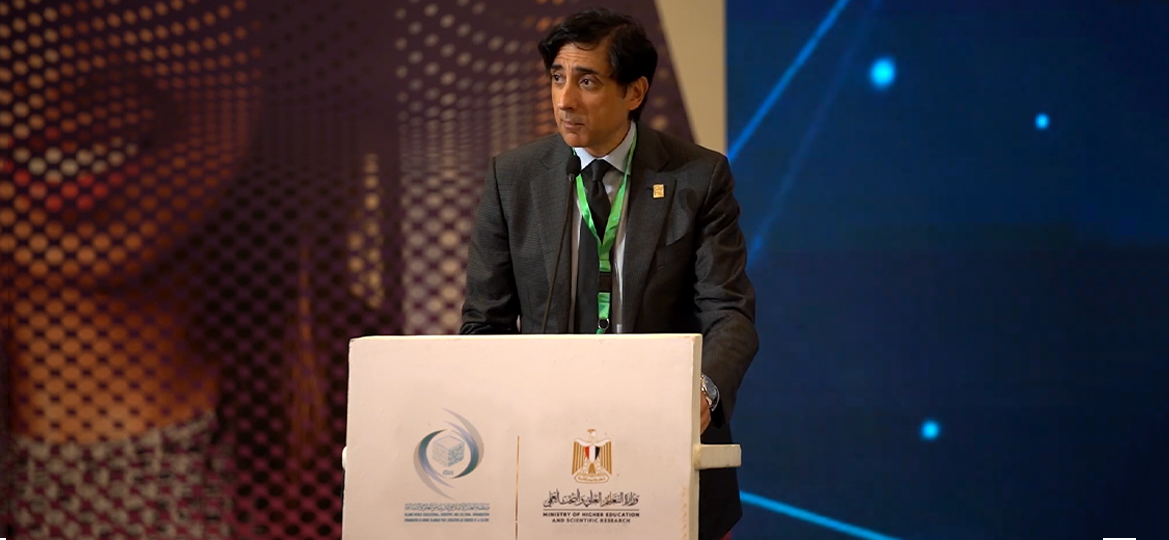
‘Higher Education and Scientific Research Institutions Ranking for Employability’ was moderated by Mr. Mirza. The panel included the following prominent speakers:
- – Prof. Yasser Rifat, Deputy Minister of Scientific Research in Egypt;
- – Dr. Ashwin Fernandez, QS Regional Director for Middle East and Africa;
- – Mr. Mohammed Al Assati, Vice President of Product Management for Elsevier
The session addressed the mismatch between graduate skills and knowledge and workplace requirements. Speakers delved into university rankings, their accuracy, legitimacy, relevance with respect to employability. As global and regional perspectives were shared, presenters explored the impact of highly ranked institutions on the employability of their graduates. Professionals generally agree that there is no perfect ranking system but that some are really useful. Increasingly, students are placing higher consideration on future employability prospects when choosing a university. Recent data from ranking metrics indicate that the MENA region has a significant opportunity for growth in areas related to academic and industry partnerships.
To learn more about how higher education institutes can cater to the changing demands of the job market, click here.
All three panels proved to be impactful and thought-provoking with valuable insights shared from government leaders, global subject matter experts, and private industry representatives such as H.E. Dr. Hamad M. Al-Sheikh the Minister of Education in the Kingdom of Saudi Arabia, Prof. Sir Magdi Yacoub world-renowned surgeon and philanthropist, Prof. Mahmoud El Meteini the President of Ain Shams University, Dr. Ahmed Elseragy the Head of School of Engineering at the University of Lincoln, Mr. Bradley Tipp of Microsoft Education, and many more.
Forge world-class universities
Develop strategies to improve your institution’s leadership and elevate global reputation with our training and consulting programmes. Click below for more information.

